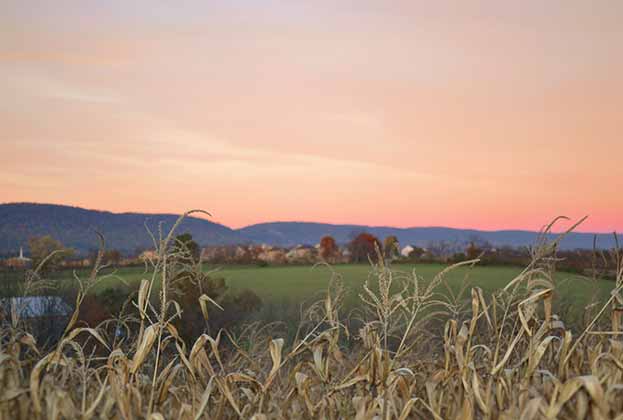UK agriculture is being restructured to ensure that it has the necessary skills and talent for its future success
Unlocking a productive future
The traditional dynamics of UK agriculture are being reshaped through the agricultural policy development work that the Department for the Environment Food and Rural Affairs (Defra) is undertaking as a result of the vote to leave the EU. Whether this will be a completely new policy, or simply tackling elements that sit outside the Common Agricultural Policy (CAP) remains to be seen. One area that can be tackled in any Brexit outcome is the UK industry’s low productivity growth, which has been widely discussed as a cause for concern.

Since 1964 productivity growth in UK agriculture has averaged 0.9% per year, lagging behind other developed nations such as the Netherlands (3.5%), France (2.5%) and the USA (3.2%). One aspect of Defra’s plan to unlock sustainable productivity improvements is to encourage “structural change” within the industry. This could be triggered by the withdrawal of direct support payments from 2021, but also by Defra’s reform proposals for agricultural tenancies in England and Wales. These aim to “facilitate structural change and support new entrants and next generation farmers so the sector has the skills and talent needed to thrive in the future”.
Agriculture and Horticulture Development Board (AHDB) research has shown that top performing farms are differentiated from lower performing farms by the quality of their business management. Successful farms analyse their own performance, plan and are willing to change and improve. These are characteristics that are partly rooted in training and mind-set. A link between productivity and training has been demonstrated by research for the Irish Government which showed that on average the output produced by “trained” farmers was 12% higher than untrained farmers.
The proportion of farm managers in the UK who have undertaken some formal training is much lower than in comparable European countries (see below). Improving productivity through training would be slow to deliver results, which seems to have led Defra to the conclusion that land occupation policy can be used to boost productivity more effectively. Creating an environment that encourages and provides options for less productive farmers to retire and thus will present opportunities for expansion for entrepreneurial businesses that embrace the latest technology and market niches. The Irish Government took a similar approach after its Agri-Taxation Review found “access to land and the low level of land mobility is one of the main challenges facing farmers who want to increase their productivity”.

Formal training Farm managers
Source: Eurostat, EU Farm Structure Survey 2013
Read the articles within Delivering Future Arable Performance below.
.jpg)
.jpg)

.jpg)

.jpg)
.jpg)